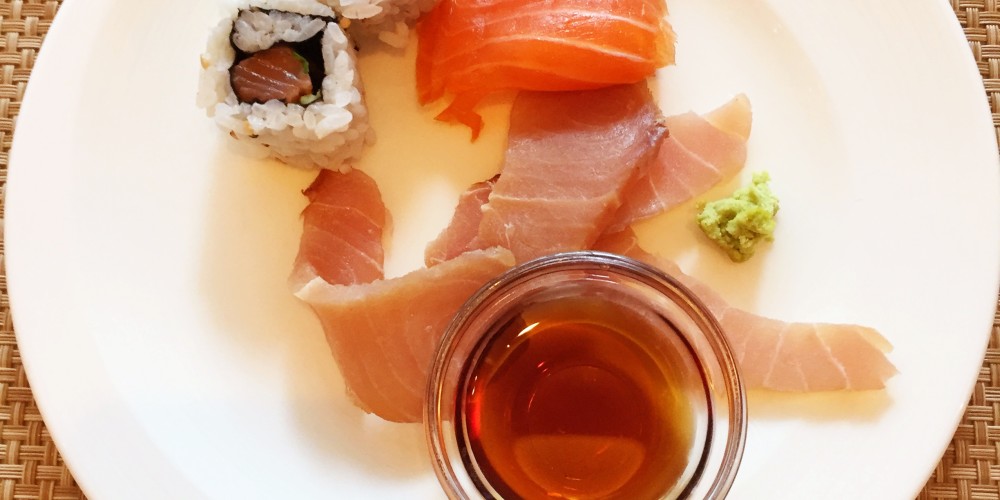Appreciate the perfectionists in your midst

While watching a cookery programme on TV the other day, I came across a most interesting word. The word is “kodawari,” and it is in Japanese.
The programme in question showed a master sushi maker at work. Sushi has always fascinated me: for its artistry; its painstaking attention to detail; its insistence on the finest, freshest ingredients. I have long been an admirer.
Now, I know that sushi comes from a tradition. The word kodawari which cannot be translated directly into English, captures the essence of this tradition. Kodawari means an uncompromising and relentless devotion to a pursuit, an art, a craft, an activity. It happens when a very high standard is set; when special consideration and attention is given to something; when a breach of the standard is unthinkable; when compromise is intolerable.
To those who do not understand it, kodawari might be interpreted as a serious obsession; a mental disorder; a ridiculous obstinacy.
It is no such thing. Wherever you encounter kodawari in the world, applaud it and appreciate it. Kodawari is what maintains quality in this life. Because some people are willing to devote their lives to the singleminded pursuit of an ideal, the rest of the world enjoys a better average standard. If no one was pointing out the pinnacle, we would all languish in the valleys of insignificance.
But this is not an article about sushi. The Japanese have an outstanding culture of kodawari in much of what they do. A maker of bowls might apply fifty coats of lacquer instead of thirty, simply because he can tell the difference in the resulting shine. A chef may insist only on a vegetable grown on a certain farm at a certain time of year, because no other taste will do.
It is no surprise then that Japan has its elaborate tea ceremony; its intricate kimono that can only be worn and tied in a very specific way; and its wonderfully detailed calligraphy. All of those activities are about tiny details that most would miss; the fine rather than the gross.
Still, kodawari is not about Japan alone. The practitioners of kodawari are to be found all over the world. They are often solitary figures, unappreciated, even shunned. But they matter a great deal.
In the business world, it is often the manic insistence of an obsessive founder figure that sets the pace for generations to come. Steve Jobs was kodawari personified and amplified, and he died having created the world’s most valuable corporation in his lifetime – all emanating from his unflinching requirement to produce the best possible products.
In the world of the arts, the finest works are created because of monomaniacs. The oeuvres of Shakespeare, Mozart, Ghalib, Picasso, Tagore or Tolstoy did not appear in the world because their creators were well-balanced, temperate individuals; it is because they brooked no compromise.
You don’t have to be famous to live by the kodawari ideal. My mother-in-law exemplifies it. During my wedding, many years ago, a garland of flowers she made by hand had to be done just so – using only flowers of a particular shape, size and uniformity of colour, with the petals bent back in a strict pattern, and strung together most painstakingly. It took hours to make. It was worth it, because even if no guest appreciated it, her son-in-law will never forget it.
Being kodawari is not for most people. Most of us are all too ready to cut corners, take the easy route, get things done quickly. All of us should look at the near-perfect creations that the greatest practitioners produce, and feel some awe. All of us should celebrate perfectionists and obsessives when we encounter them. They may seem a little mad, but they are simply responding to a different inner vibration. Long may they thrive.

Buy Sunny Bindra's new book
The X in CX
here »
Popular Posts
- Where are you rushing to—your funeral?June 29, 2025
- The map will appear—once you start walking.July 6, 2025
- How to spot a real thinkerJune 15, 2025
- Built the app, forgot the flowJune 22, 2025















